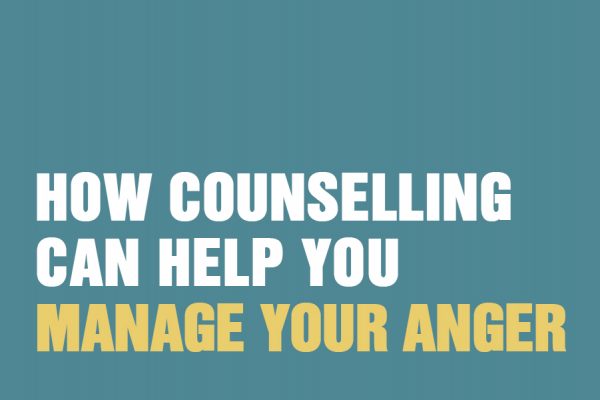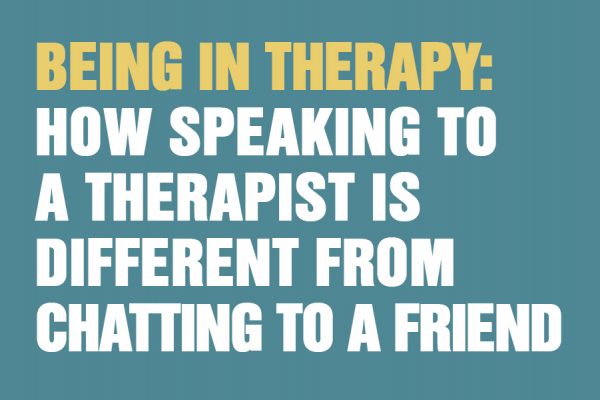UK workers are more stressed than ever. We’re not talking about the everyday ‘good’ stress that comes from enjoying the pressures of work and meeting deadlines. We’re talking about the ‘bad’ kind of stress that leaves someone feeling depleted, overwhelmed and unable to cope with the demands of the job.
Figures from the Labour Force Survey show that the number of working days lost to stress amounts to 11.7 million working days lost per year – meaning stress accounting for 45% of all working days lost to ill health. Nearly half a million people in 2015/16 reported work-related stress at a level they believed was making them ill. It doesn’t help that nearly two-thirds employees are afraid to speak out about their stress levels in case their employers look down on them, for fear their career progression could be affected.
At The Awareness Centre we’ve noticed that workplace stress is a growing reason for seeking out counselling. Symptoms of workplace stress can include feelings of panic or anxiety, a higher heart rate, loss of appetite, insomnia, irritability, and random aches and pains. Unhelpful coping strategies people use to soothe their stress can include eating or drinking too much or the wrong things, or even isolating themselves from friends and family for fear they’ll reveal just how much they’re struggling. This then perpetuates the stress.
Here are the four top workplace stressors that we’ve identified – and some suggestions as to how you can manage them.
Not enough support
The biggest cause of employee stress (about two-thirds of cases) is the perceived lack of support and direction from bosses. Bad management can leave employees feeling disempowered, ignored and sometimes scared. Lack of feedback can be destabilising. Not knowing if you’re doing a good job can leave you feeling as though you’re working in a void. Into that void you can end up throwing your insecurities and your fears. Too much critical feedback can leave you feeling paralysed and afraid to make mistakes. Neither scenario is healthy for your stress levels. You can’t change what your boss does, but you can change how you respond. Don’t sit there in the dark worrying. Ask for time and clarity to work through your priorities, whether this is in an annual review or a daily/weekly catch-up. Perhaps seek support from a coach or counsellor to help you identify ways to communicate more effectively with your bosses and colleagues, to help you feel more empowered.
Not enough time
Time management is a major source of stress for employees. Too much work and not enough time can create extreme levels of pressure that lead to feelings of pressure and overwhelm. Look at how you are prioritising your day. Make a note each day of how you are spending your time. Are you perpetually fire fighting, or are you procrastinating about that piece of work that you really don’t feel like doing? Identify your own behaviours around time. Setting your alarm earlier and getting to work with some time to spare can help you feel you have more advantage over the day. If your workload really is becoming too much, go to your manager with a plan to reduce it – or at least negotiate some more realistic deadlines. There’s only one of you and you can only do so much. Don’t split yourself into tiny fragments to get everything done.
Not enough balance
A major cause of stress is the pressure we put on ourselves. This can sometimes come from not feeling good enough, and so we work super-duper hard to prove our worth. This can manifest in presenteeism – always at your desk, always answering emails on your smartphone, always dropping personal stuff to fulfil an extra work commitment. This lack of work-life balance can create issues in your personal life. Close relationships may start to suffer if you’re always ‘on’ and never switching off. Work can start to feel like your best friend because you spend so much time there. It’s only when the stress levels start to build that you realise that lack of balance in your life. It may be hard, but switching off the phone in the evenings and at weekends can be the first step in gaining some balance. Saying ‘no’ to extra work is another. Stop piling on extra tasks. Keep your to-do list manageable.
Not enough motivation
As psychotherapists we know that having meaning and purpose is fundamental to our emotional and psychological wellbeing. If we don’t feel motivated then we can lose our sense of purpose. When that happens we can start to feel stressed and depressed. Signs that you’re feeling unmotivated at work can be arriving late, procrastinating on even the simplest day-to-day tasks, and regularly throwing a sickie. You just don’t feel like coming to work. Do you know what motivates you? Is it money, helping people, completing projects, managing junior members of staff, having more free time to pursue hobbies? When you work out what motivates you, it’s far easier to live your purpose. Not living it can rob you of your present and your future, and can exacerbate your stress levels. If you’re note sure, then therapy can help you work out who you are and what you truly want. Stress can sometimes be the trigger that helps you discover your true path in life.
If you feel you’re under too much pressure and are at the point of reaching out for support, our therapists can help. You don’t have to struggle under the weight of your stress alone. Call 020 8673 4545 to speak to our Front of House team, in confidence, and they will refer you to a suitable therapist. You can also email us on [email protected].








2 Comments. Leave new
I think trust , respect and empathy are critical in the workplace to ensure happiness among colleagues
After all we spend so much time at work that why not make it a happier environment. Often sadly it’s a battleground and all manner of differing contracts together with people’s extreme personalities don’t help. Then we have to take the patronising and condescending comments on the chin. People tend to think they are bigger than they actually are in the workplace just because they have been in the same job for 20-25 years.
Hi Jack. Thanks for stopping by to comment on our blog post. We agree that trust, respect and empathy are crucial for the psychological health of employees and managers. However, all too often these qualities are missing – whether it’s down to personalities, power play, or the pressure of meeting deadlines. For our clients bringing workplace issues to therapy, we focus on building emotional resilience so you’re more able to cope with life’s knocks. Take care. Best wishes, Karen